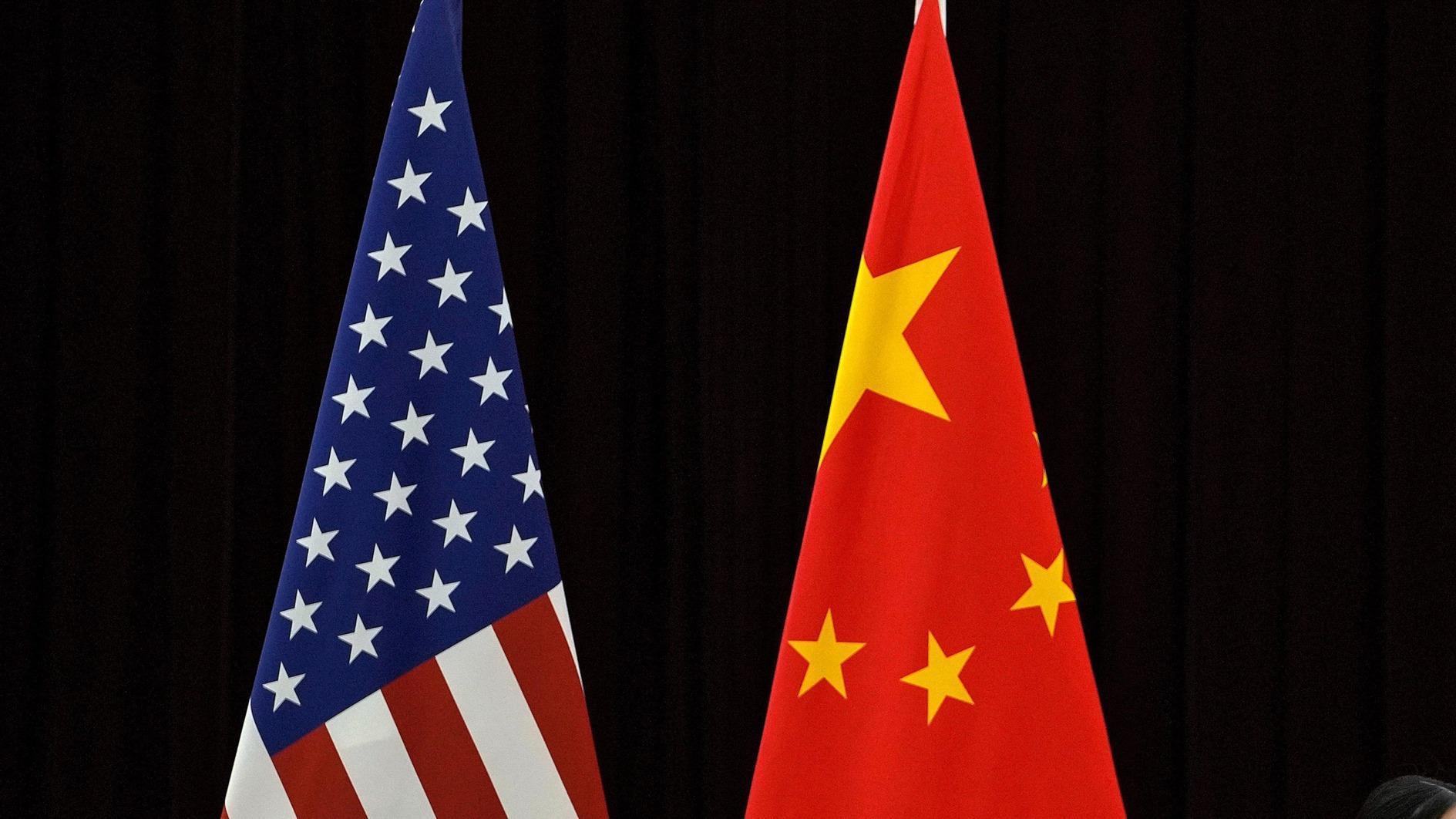The plight of Syrian refugees
MURAT ONUR
While the international community is struggling to find a solution to the violence in Syria, the humanitarian situation inside the country continues to deteriorate. According to the United Nations, 110,000 displaced Syrians are now registered as refugees, while the number of Syrians arriving in Turkey alone has risen 44 percent in the past six weeks. Currently, more than 37,000 Syrians are being sheltered in seven camps in Turkey, which are almost exclusively concentrated in the border province of Hatay.To be sure, the international community has repeatedly acknowledged Turkey’s efforts to help the displaced Syrians since the crisis began. However, several refugee advocacy groups have recently issued statements criticizing Turkey’s policies, and have called on Ankara to ensure transparency and adherence to its obligations under international law.
To begin with, even though Turkey is a signatory to the 1951 Refugee Convention, the geographic limitation imposed by the convention is exclusively for the European continent. Therefore, Ankara does not use the term “refugee” to refer to displaced Syrians. After several calls from the international community, Turkey finally decided in Nov. 2011 to set up a “temporary protection” regime clarifying the status of Syrian refugees. While this policy reportedly meets the minimum standards, it is not a long-term solution, and the uncertainty regarding the legal status of Syrians persists.
Refugee groups also criticize Turkey’s continued reluctance to allow NGOs and the media to monitor its operations. Although a small number of international and national delegations have visited Hatay province, almost none have been given permission to enter the camps there. As the Council of Europe and Amnesty International emphasize, this policy raises concerns about transparency and oversight of practices in the refugee camps. Last February, a Turkish daily reported the refoulement of some high-profile Syrian dissidents, which is a violation of the non-refoulement principle of international law, forbidding the rendering of victims of persecution to their persecutors. Another article reported the existence of a special camp for Syrians with “problematic backgrounds,” which is allegedly used as a center for forced returns. While Ankara has denied these reports, without independent monitoring of practices in the camps violations may indeed occur.
Furthermore, AFAD, the agency Ankara has entrusted to manage the refugee operations, was founded only a few years ago and has never dealt with an emergency situation of this size. Considering the difficulties experienced during last year’s Van earthquake, entrusting the operations exclusively to this agency is risky. The “tent cities” currently sheltering thousands of Syrian refugees proved ineffective in winter months, and pose life-threatening risks. In addition, the close proximity of the camps to the Syrian border poses a serious security threat to the residents. In April 2012, several Syrians were reportedly injured after stray bullets from clashes in Syria hit a camp in Kilis.
Several refugee organizations have tried to reach out to the government regarding these concerns and requested access to the camps. Most recently, in June, Amnesty International listed a number of concerning issues and asked Turkey to allow access. To date, however, Ankara has ignored such calls.
With the humanitarian situation getting worse, the number of refugees entering Turkey may soon exceed Turkey’s capacity to respond. Ankara needs to develop a long-term contingency plan that involves cooperation with international and non-governmental organizations. It needs to grant refugee and human rights NGOs and the media regular access to monitor practices in the camps to ensure transparency. Ankara also needs to ensure that all refugee camps are at a safe distance from the border, where the Syrian military occasionally carries out operations. Without proper safeguards and transparency, the safety of Syrian refugees remains entirely up to Ankara’s political discretion, which comes with serious risks. Therefore, Turkey should match its talk of democracy and transparency in the Middle East with policies that are of the nature expected from a democracy.











